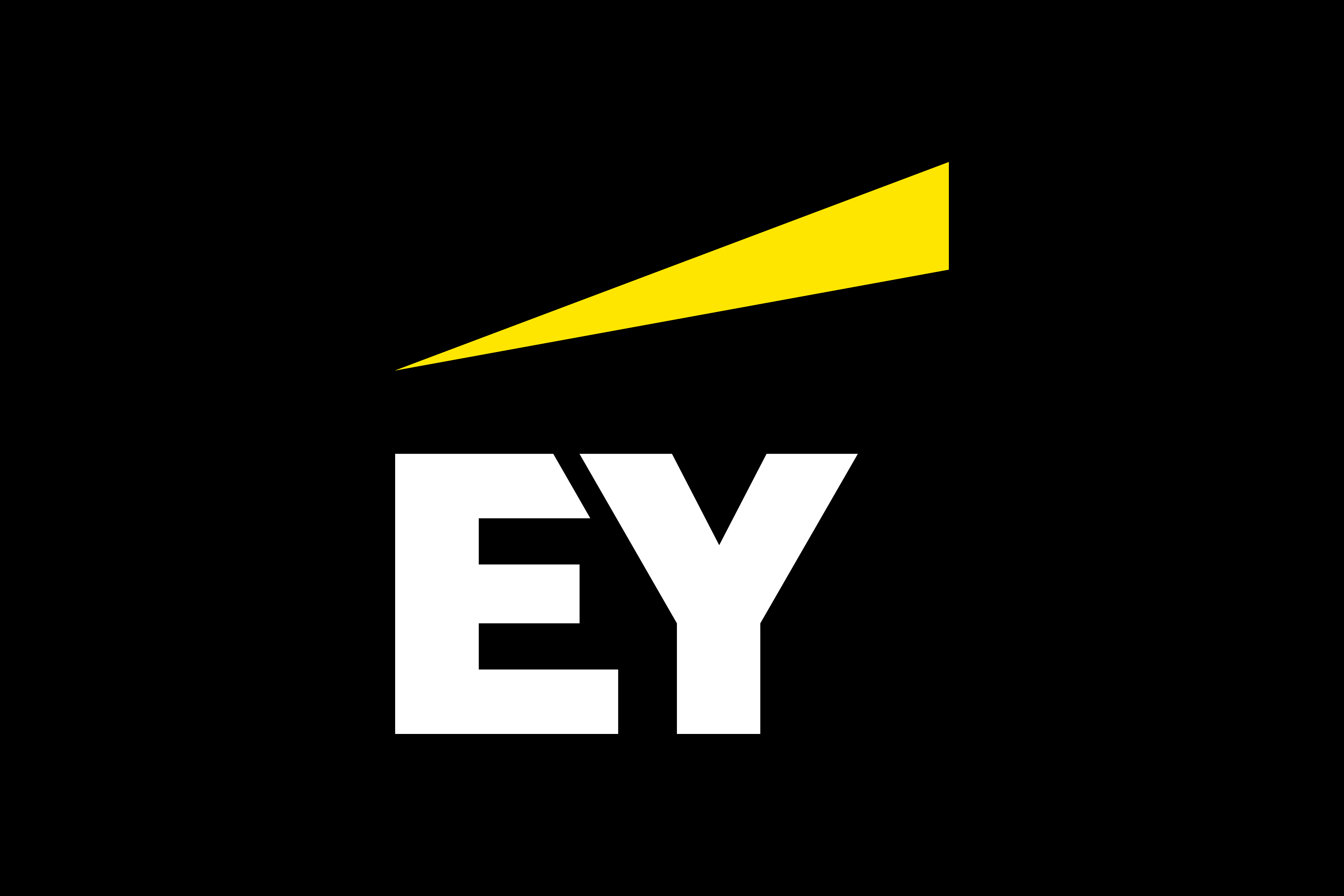EY refers to the global organization, and may refer to one or more, of the member firms of Ernst & Young Global Limited, each of which is a separate legal entity. Ernst & Young Global Limited, a UK company limited by guarantee, does not provide services to clients.
Opinion of Tax authorities’ expert group on 30% facility
The Tax and Customs Administration has published an expert group opinion on the qualification of a master’s degree obtained at an institute for higher vocational education.
The reason for this expert group opinion was a situation where an incoming employee applied for the 30% facility, claiming that the reduced wage threshold applied. This lower standard applies for employees who have obtained a Dutch master’s degree or an equivalent foreign degree in higher education at academic level and who have not yet reached the age of 30. The incoming employee holds a European Master’s in Renewable Energy awarded by a university of applied sciences, and thus the academic title of "ir." (engineer). The university of applied sciences qualifies as an institute for higher vocational education under the Higher Education and Research Act. However, the Dutch-Flemish Accreditation Organisation (NVAO), which assess the level and quality of higher education in the Netherlands and Flanders, has accredited the master’s programme in question as an academic (university) level master’s (WO master).
The question was: does the master’s programme concerned qualify as an "equivalent foreign master’s degree" and, more specifically, does it matter that the course was taken at an educational institute for higher vocational education?
The tax authorities answered this question in the expert group opinion as follows: the NVAO has accredited the master’s programme as an academic (WO) master’s and thus ruled that the programme is at the same level as academic education. This therefore constitutes a Dutch master’s degree obtained in academic education. This position is based on a ruling made by the Gelderland District Court on 17 January 2024. The court inferred from the parliamentary history that, broadly speaking, the legislator wanted to place more emphasis on the level of the course than on the level of the educational institute.
